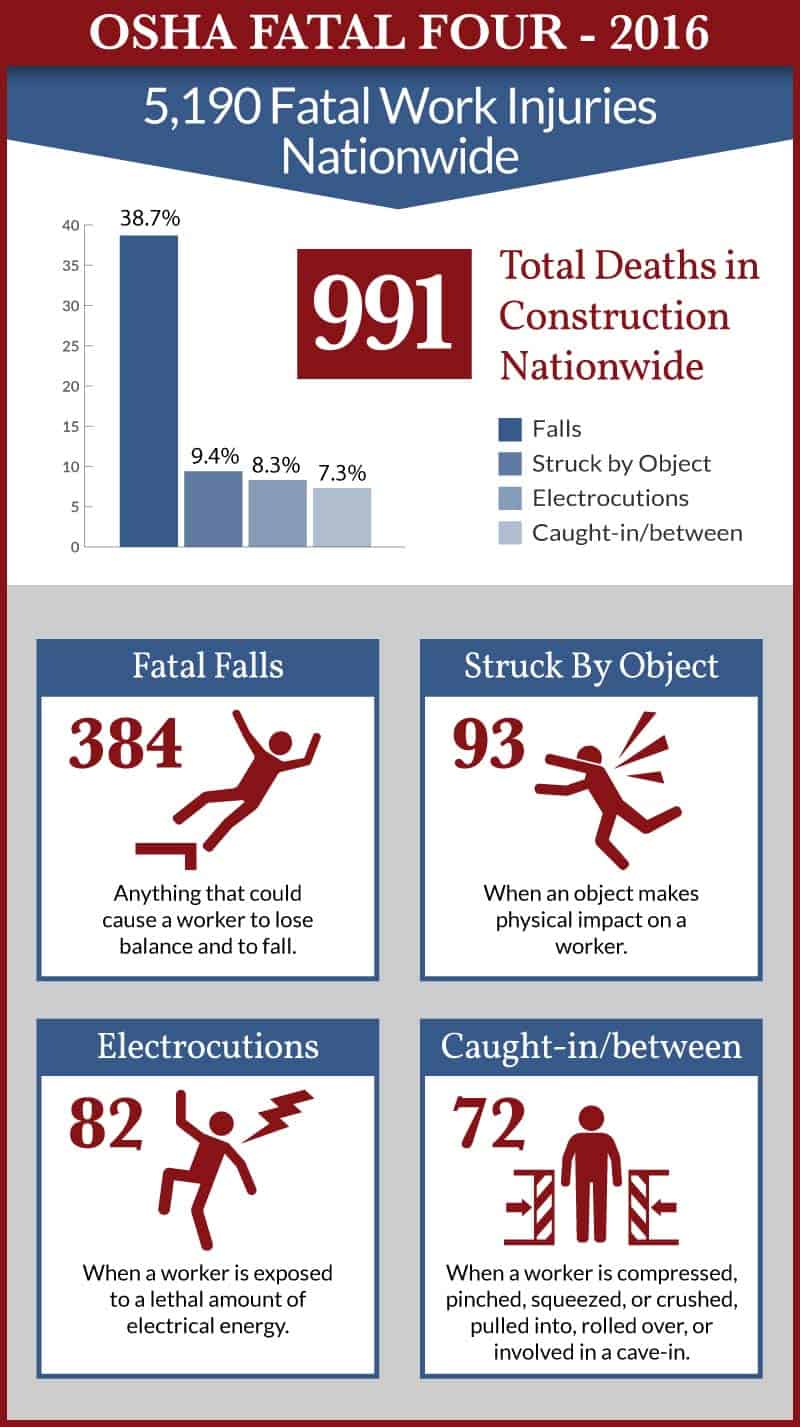How Does Abandonment and Desertion Impact Divorce Proceedings?

If one is considering abruptly leaving a marriage, they should reconsider their hasty actions. Under the law, it can be considered abandonment or desertion, which can significantly influence divorce proceedings in states that allow fault divorces, including Pennsylvania.
Divorces are classified as either no-fault or fault. Married couples in Pennsylvania can seek either option, depending upon the circumstances surrounding their relationship. No-fault divorces are more straightforward and take less time to process. In a no-fault divorce, both people concede the marriage is irretrievably broken and no one is to blame; however, this only works if they are on agreeable terms.
Not all divorces are civil, and marital misconduct is a factor. Marital misconduct is negative behavior that precipitates separation, such as adultery, abuse, refusal to communicate, or moving out. Marriage desertion is one of the grounds for fault divorces. An at-fault spouse is more likely to be significantly disadvantaged in terms of alimony, property division, and child custody.
What Constitutes as Abandonment and Desertion?
Moving out before the divorce is finalized is not necessarily abandonment. A partner that informs their soon-to-be ex-spouse about the relocation in a responsible manner is not deserting the marriage. When it comes to family law, abandonment and desertion is something more specific.
Marriage abandonment is an intentionally willful or malicious exit. Instead of working out a plan to coexist in the home while the divorce is pending, one partner may leave without warning their ex-spouse, which is considered desertion and abandonment. In Pennsylvania, abandonment is only considered grounds for divorce if the departing spouse has been gone for a minimum of one year. If the couple rekindles the relationship and resumes living together, even for a short amount of time, time restarts.
Different Types of Abandonment and Desertion
Abandonment and desertion vary by state. Beyond physically moving out of the marital home, desertion can be financial or physical. Moving out and failing to provide financial support to the other spouse without good reason also constitutes as marital abandonment in some states.
What is Constructive Desertion?
If one spouse’s behavior makes it impossible for their soon-to-be ex-spouse to remain at home, it is constructive desertion. When emotional or physical abuse becomes intolerable, the targeted spouse would not be at-fault for the divorce. It can be a matter of personal safety when abused partners leave quickly without telling their spouse.
How Will Moving Out Impact My Divorce?
Before actively relocating, it is important to consider the risks of moving out during a separation:
Marital Misconduct: As mentioned previously, if a move is not civil, leaving the home can be considered marital misconduct, which is grounds for a fault divorce in Pennsylvania. Fault divorces generally take more time, cost more money, and influence how the court decides alimony and custody.
Spousal Mischief: Leaving the home prematurely opens the door to give an ex-spouse access to anything left behind, including financial documents and joint property. Without being present to hold an ex-spouse accountable, they can hide money, destroy documents, and even sabotage relationships with their children.
Division of Assets: Some states consider how both partners’ conduct during the marriage and separation impacted family finances. If moving out and not paying the bills forces a home into foreclosure, that choice can shift the percentage of assets in the remaining spouse’s favor.
Child Custody: Moving out without a spouse’s consent can be construed by the courts as abandoning the children and the home. Family court judges are already more inclined to keep children in the primary home after divorce. Most lawyers would recommend waiting to leave the home until a written parenting agreement is completed.
Documenting Marital Misconduct
For a spouse on the receiving end of marital misconduct, moving out may be a necessity. When the courts look at the overall marriage, it is going to be crucial to prove their spouse’s actions damaged the marriage. To prove this, documentation is key. Anyone victimized by marital misconduct should discreetly but diligently keep proof of adultery, hidden assets, substance abuse, or verbal and physical abuse. Evidence of marital misconduct includes:
- Photographs of physical injuries
- Medical records that document hospital visits for victims of domestic violence
- Bank statements and records of financial transactions
- Texts messages, emails, letters, and phone records
- Police reports related to domestic violence
It is important to note that it is illegal to hack into a spouse’s email or social media account. Consult a lawyer to learn how to legally document marital misconduct. Violating privacy laws is a criminal offense in some states.
Tips for Cohabitating Before Divorce
Sharing the marital home after the relationship has ended is not always ideal, but it is necessary for some couples going through divorce. Some individuals do not have the money to move out right away and need time to save for relocation. Others want to keep the status quo until the children have moved out. In some instances, a spouse will be aware that their ex-partner will accuse them of desertion and abandonment. The following are tips on how separated couples can coexist in the marital home:
Avoid Conflict: Once the marriage ends, there is no need to argue. Ex-partners should make peace with each other’s differences and flaws.
Limit Communication: If ex-partners frequently argue, it is best to limit contact. Take turns using shared spaces and find hobbies and activities outside of the home.
Avoid Introducing a Romantic Partner: If an ex-partner finds a romantic partner, it is best to keep them away until the divorce is finalized. This can be grounds for adultery, which can be a problem in fault divorces.
Share Parental Duties: Parenting responsibilities continue well after the marriage ends. Do everything with the children’s best interests in mind and make positive co-parenting a goal to help children thrive after divorce.
Approach Finances in a Professional Manner: Finances tend to be a sensitive subject for separated couples. Treat household finances like business partners and consult a lawyer before moving money or making any big purchases.
Schedule Time for Self-Care: Anyone ending a marriage should make time to do an activity that makes them feel good to relieve anxiety in a healthy and positive way.
How Do I Start Divorce Proceedings?
Moving out after a marriage has ended may seem like the only viable option. However, leaving too soon without a spouse’s consent could be considered abandonment and desertion, which could impact important divorce-related matters. Before making quick decisions, anyone going through separation should reach out to an experienced divorce lawyer to learn about their options.
Bucks County Divorce Lawyers at Freedman & Lorry, P.C. Resolve Divorces Involving Abandonment and Desertion
Marital desertion complicates divorces in many ways. Our Bucks County divorce lawyers at Freedman & Lorry, P.C. understand how abandonment and desertion impacts divorce proceedings. We will walk you through the process and answer any questions or concerns you may have. Call us at 888-999-1962 or complete our online form for a free consultation. Located in Philadelphia, and Cherry Hill, New Jersey, we serve clients throughout Pennsylvania.
